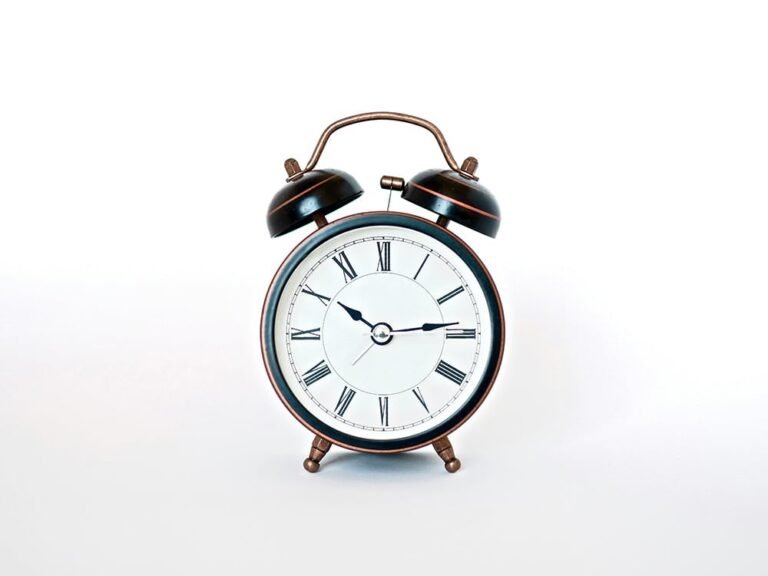because
How do you say “because” in French? Most learners are familiar with “parce que,” meaning “because.” “Parce que” is followed by a phrase containing a verb. That means you can’t use “parce que” to say something like “I won’t go to the beach, because of the rain.” The words “the rain” don’t contain a verb,…









